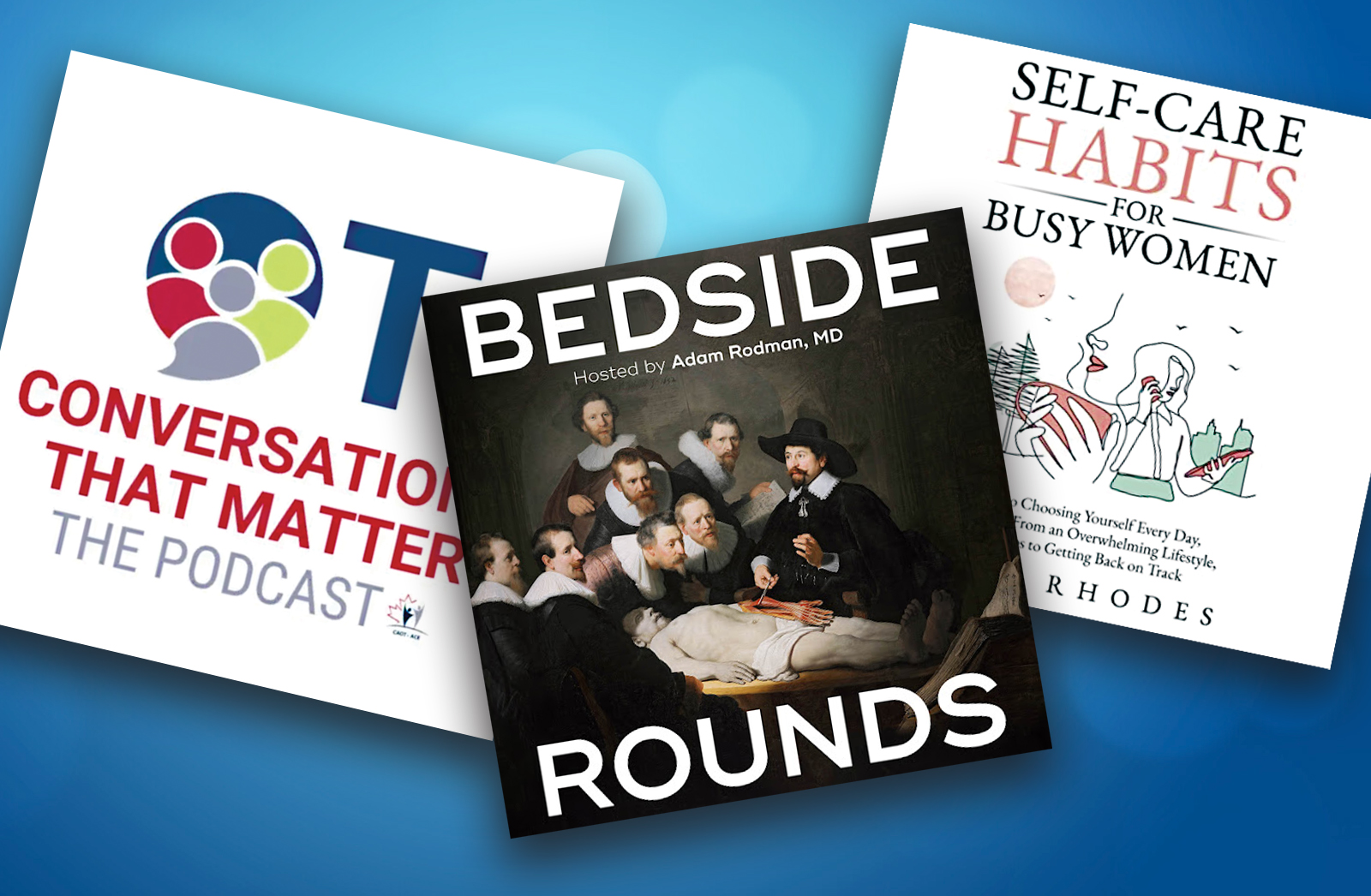Mouse brains vs. human brains
Despite similar brain architecture, brain cells in mice turn on different genes than those in humans. The challenge that researchers are facing: Drugs that work beautifully in mice are falling miserably in humans. Once again proving that not only is there incredible evolutionary continuity but, as study author Dr. Christol Koch suggests, we humans are still unique.
Source: Allen Institute for Brain Science
Carbon ion therapy—theory not proven
There is a theory that carbon ion therapy is a better cancer treatment than surgery and radiation, with some individuals heading to Japan for treatment. Indeed, data from Japan has led to talk of doubling current survival times in patients with pancreatic cancer. However, while carbon ion therapy is a field that should be pursued, says influential oncologist Dr. Otis Brawley from Johns Hopkins University, more clinical studies are needed.
Source: Wired
Supportive management reduces workplace vulnerability
Having a supervisor who is committed to health and safety can seriously lower the risk of workplace injuries, especially when workers do not know their rights, lack the power to speak up or have limited resources because of organizational policies. A study into the subject found that among vulnerable workers, 50 per cent of respondents who lacked supervisor support had experienced an injury in the previous year—twice the prevalence of those with supervisor support. Key takeaways: Increasing supervisor capacity can be an important component of an injury-prevention plan, especially when hazards are difficult to reduce.
Source: Institute for Work and Health
Swallowing LEGO®
In the name of science, six pediatric researchers recently swallowed the heads of LEGO® Minifigures and recorded the time it took to pass through their bodies. On average, it was 1.71 days before the researchers pooped the LEGO® out with no complications. Coins are the most common foreign object that children swallow, but the yellow LEGO® heads have provided some helpful “passing time info,” even though the testers were adults. At the last check-in, one of the chaps was apparently still waiting for his LEGO® to find its way out.
Source: Journal of Pediatrics and Child Health
Experimenting with male contraceptives
Forty healthy men recently took part in an experimental 28-day hormonal contraceptive pill trial. Participants were asked about side effects and the frequency of their sexual activity. All of the men completed the study, with only two reporting mild erectile dysfunction. The researchers were testing two oral drugs to determine which is most effective—longer clinical studies are now planned to move the field forward. The study authors also report that most men are open to taking a male version of the traditional women’s birth-control pill.
Source: Endocrine Society
Light therapy not proven effective for winter depression
Many people in northern latitudes experience winter depression, and a non-pharmaceutical therapy that exposes people to artificial light is an attractive option. However, a recent review has found a lack of high-quality evidence for light therapy and was unable to draw conclusions about its effectiveness in preventing the winter blues. Physicians should discuss all of the available therapies and their advantages and disadvantages with patients, say the researchers, with treatment selection strongly based on patient preference.
Source: McMaster Optimal Aging
Canada leads in lung and colon cancer survival
Pancreatic cancer continues to have the lowest survival rates of the seven main types of cancer observed around the world with lung and colon cancer on the upswing when it comes to increased survival rates in Canada.
Source: International Cancer Benchmarking Partnership














